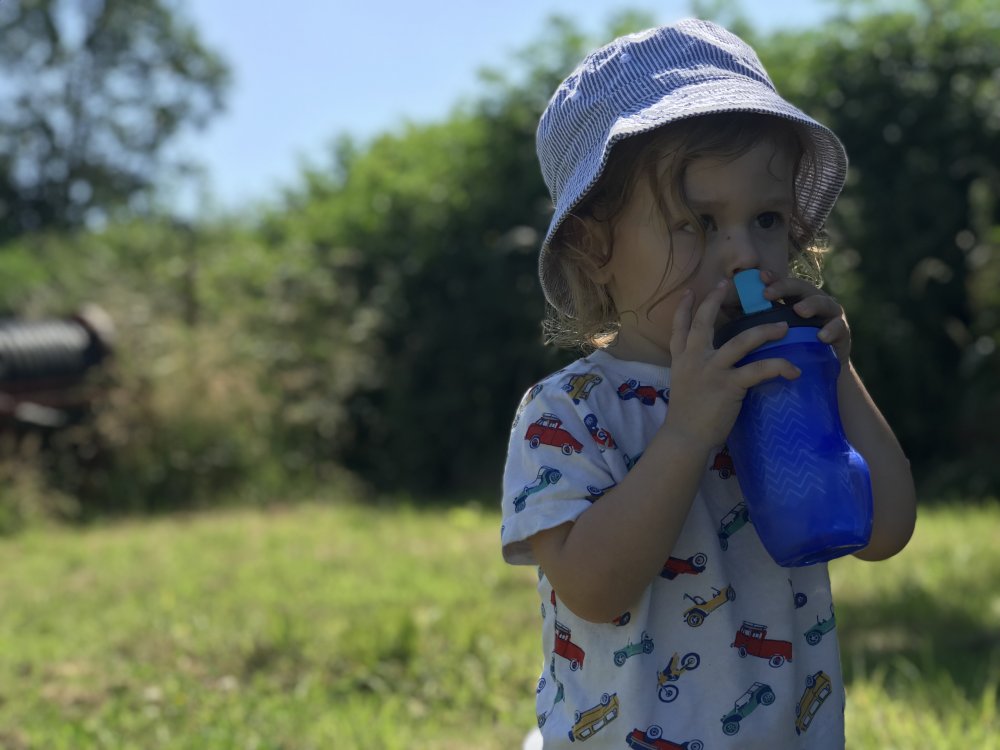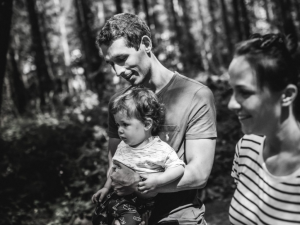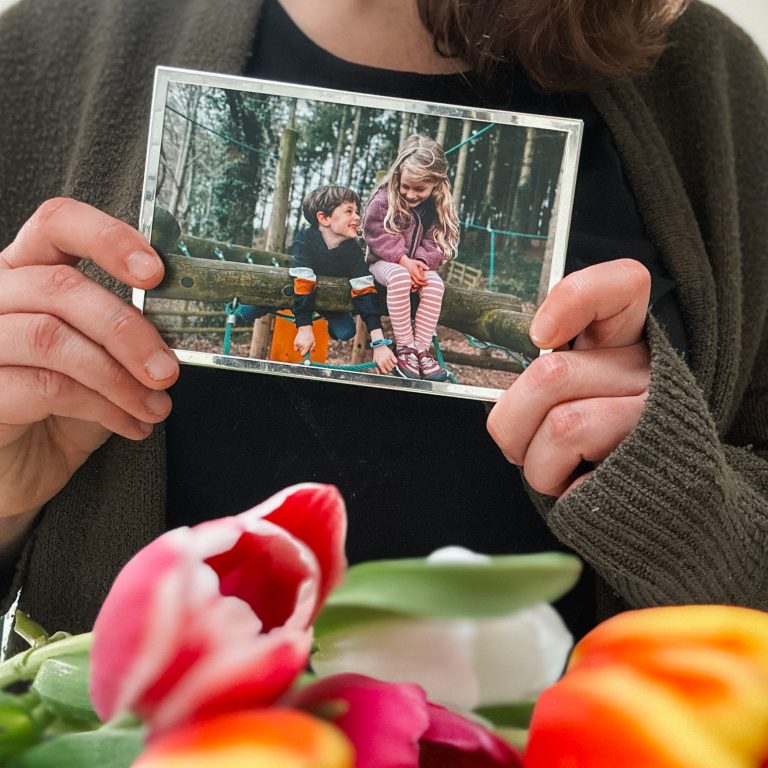It’s tough being a parent. Ask someone what they want to teach their child and they’ll tell you any number of things; happiness, love, compassion, kindness… the list is endless. One thing I can guarantee is that it’s unlikely you’ll hear them say ‘social responsibility’ and yet it should be right up there for all of us.
You probably think of social responsibility as a business issue. In fact, it’s probably the main place that you’ve heard of it given the emphasis put on Corporate Social Responsibility over recent years. Businesses are going to great lengths at often great expense to help give back to society and work both ethically and sustainably. But social responsibility isn’t just down to businesses. It’s down to all of us and by raising socially responsible kids, we’re helping to encourage that spirit and have a positive impact on the environment in which we live. Here’s how you can help raise socially responsible kids with just a few easy steps.

How To Raise Socially Responsible Kids
1. Turn Off Light Switches
It may sound simple but teaching your child to switch lights off when they leave a room is one of the easiest ways to conserve power. Less requirement for energy means a lesser need for power stations and as such less toxic waste into the environment. Little changes, eh?!
2. Have A Toy Recycling Policy
Let’s face it, toys start to take over the house, especially if you have more than one child. Try operating a one in, one out policy or even a regular toy cull. Get them to help choose a few toys that they no longer play with to take to the charity shop. Explain how these toys can then be used by other boys and girls and how the money from selling them will help other people. Not only are you helping recycle toys (usually plastic ones at that!), you’re teaching them about charity and you’re getting some valuable space back in the house which will undoubtedly be filled again shortly!
3. Use Sustainable Products
One step up from recycling, make sure that your child uses sustainable products wherever possible. The easiest way to do this is with water bottles and straws. Water bottles for younger children are common place but if your child is a little older why not get them one of the insulated bottles to keep their water cool. Metal straws are growing in popularity (or you could just not use a straw at all!). Finally, get them on the case with re-usable bags and making sure that you always have them with you. Children seem to have far better memories than us adults.

4. Use Recycling Bins
Our son is fanatical about putting things in the bin at the moment; it’s like having our own personal bin man! That aside, by teaching your children about recyclable materials and how to sort their waste both at home and in public (you know, how to use bins like these from Glasdon), you’ll be helping to reduce landfill waste. You can even take it a step further and take them to the tip to see all the different things that can be recycled… plus, it’s a surprisingly fun place (okay, maybe that’s just me!)
5. Teach Money Management
If you give your child pocket money, why not start early with teaching them money management? Split their pocket money into three ‘pots’; save, spend and charity. It doesn’t need to be an equal split or much in each pot but it will give them valuable life skills and allow them to start both savings and charitable donations. Try letting them pick where they would like to gift their charitable donations, often if you speak to the charity, they’re able to acknowledge the donation in some way which is a wonderful keepsake for your child.
6. Let Them Meal Plan
One of the main areas of waste in the home is with food. Why not get your children involved in meal planning each week? For younger children, try putting family favourite meals on old lolly sticks and get them to pull them out of a jar to choose. For older family members, perhaps challenge them to come up with a meal that uses a certain ingredient or item from the freezer that you already have. Planning food and then only buying what you need helps to limit food waste and teaches them valuable skills for money saving and planning for when they leave home.








No Comments